BrahMos Missile Project Has Reached 75% Indigenous Capability: Atul Dinkar Rane
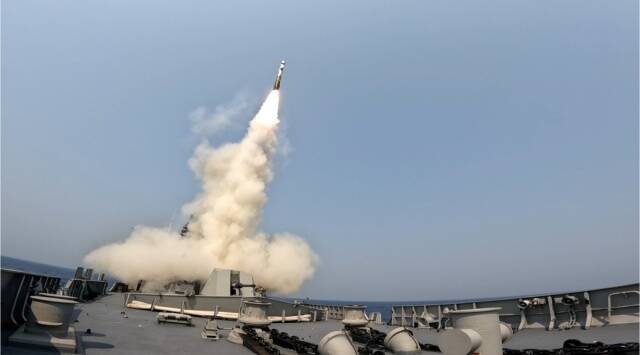
- Rangarajan said that the company is also in the process of signing an export contract with a company in the UK to provide single processing avionics for airborne radar
- "The real export is when we build the whole thing in India, give it to the Ministry of Defense, and, with the government's permission, sell it to the rest of the world," he said.
Atul Dinkar Rane, a famous scientist and the head of BrahMos Aerospace, said on Wednesday that the BrahMos missile project has reached 75% self-sufficiency.
Rane was the chief guest at an event held by Chennai-based defence and aerospace electronics solutions provider Data Patterns (India) at their plant in Siruseri. The event was meant to celebrate the delivery of the 27th “BrahMos missile checkout equipment” to BrahMos Aerospace.
“When we launched our first missile in 2004, only 13% of the parts were made in India, but in the next 25 years, we got to 75%,” said Atul Dinkar Rane, Director General of BrahMos at DRDO and CEO and Managing Director of BrahMos Aerospace Pvt Ltd.
Rane, on the other hand, said that it is not possible to have 100% indigenous capability because the project is a joint venture with Russia and the country depends on Russia for some technology.
BrahMos Aerospace is a partnership between India’s DRDO and Russia’s “Military Industrial Consortium” NPO Mahinostroyenia (earlier known as Federal State Unitary Enterprise NPOM of Russia).
He said that Russia is still providing some technologies, and that BhahMos has no plans to make them its own right now.
Rane also said that the overall cost of the BrahMos missile has gone down a lot because it uses 75% of technologies that are made in India. He did not, however, say how much money the savings would be.
Srinivasagopalan Rangarajan, CMD of Data Patterns (India) Ltd, said that the company has been working with BrahMos for more than 20 years and that it now designs and makes radars for the entire range of defence and aerospace needs.
He also said that missiles are tested at least once a year for their entire 10 year lifespan.
Rangarajan said that the company is also in the process of signing an export contract with a company in the UK to provide single processing avionics for airborne radar, some subsystems like those used in the BrahMos missile, to South Korea and radar to a NATO country.
“But these aren’t actual exports. “The real export is when we build the whole thing in India, give it to the Ministry of Defense, and, with the government’s permission, sell it to the rest of the world,” he said.


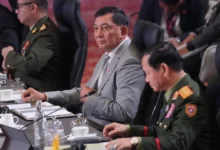
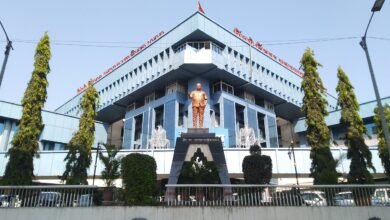
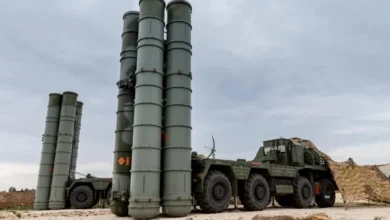
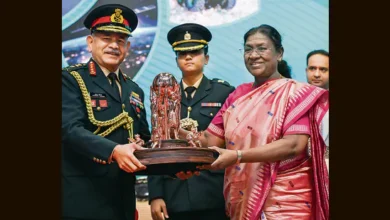
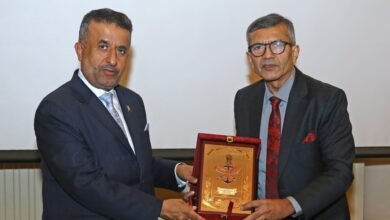
Facebook Comments